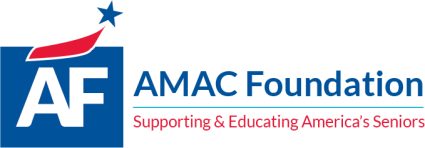The U.S. Congress and Global Health: A Primer
The U.S. Congress, the legislative body of the U.S. government (USG), plays an important role in determining and shaping the government’s global health policy and programs. Although only one of many USG entities involved in global health, its engagement has been particularly notable over the last 15 years, which have been marked by unprecedented bipartisan support for U.S. global health efforts and resulted in the authorization of the U.S. President’s Emergency Plan for AIDS Relief (PEPFAR), the U.S. government’s coordinated response to global HIV and the largest program focused on a single global health issue in the world, as well as the appropriation of significantly increased funding. Indeed, Congress fulfills a key role in U.S. global health policy by setting the broad parameters and priorities of U.S. global health programs, determining their funding levels, and overseeing the implementation and effectiveness of supported efforts. Its activities in this area are complemented and influenced to varying degrees by those of numerous stakeholder groups and individuals that, while not examined in this primer, are key actors in the policymaking process. Such stakeholders include: advocates, the private sector, think tanks, academic institutions, religious communities and organizations, people directly affected by global health issues (such as people living with HIV), and others. Read more…
Notice: The link provided above connects readers to the full content of the posted article. The URL (internet address) for this link is valid on the posted date; medicarereport.org cannot guarantee the duration of the link’s validity. Also, the opinions expressed in these postings are the viewpoints of the original source and are not explicitly endorsed by AMAC, Inc.; the AMAC Foundation, Inc.; or medicarereport.org.
